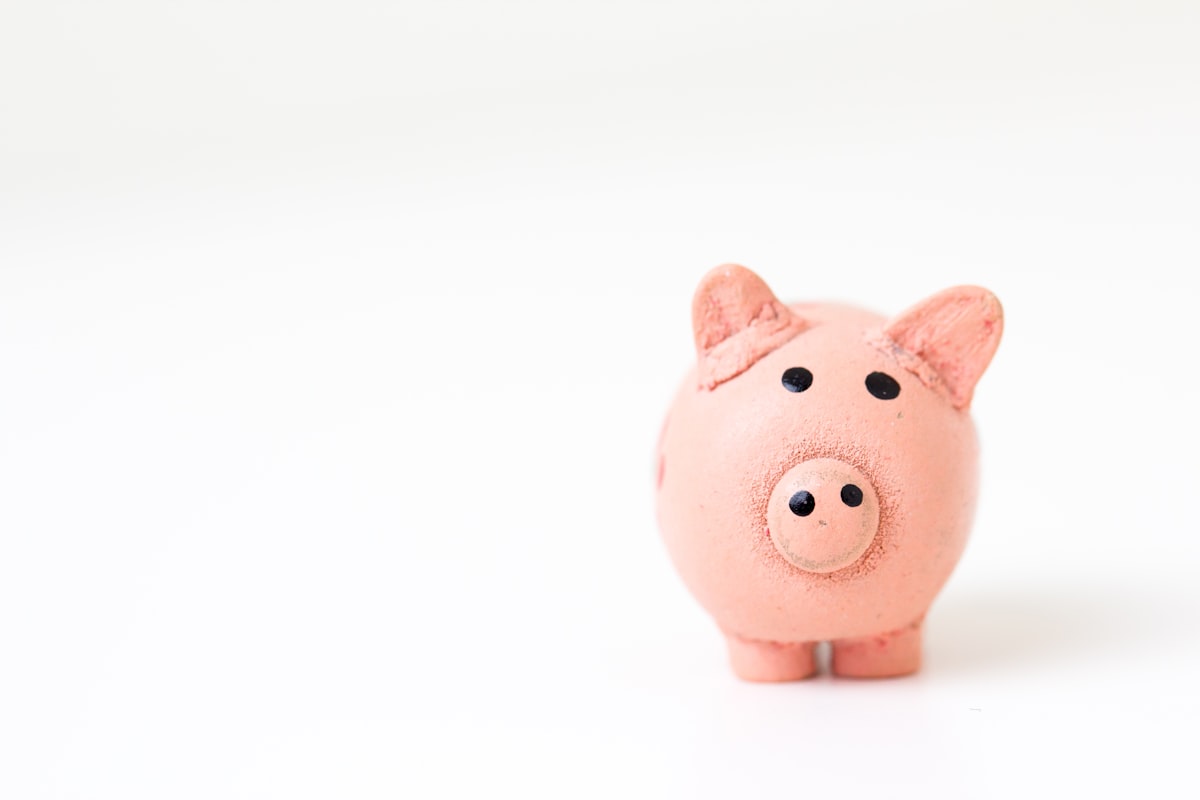Latest Financial Buzz

Emergency Fund Essentials
April 22, 2025
Life is full of surprises—some pleasant, others not so much. Whether it’s a sudden job loss, unexpected medical bills, car repairs, or home maintenance emergencies, having an emergency fund can provide a much-needed financial cushion when life takes an unpredictable turn.
What Is an Emergency Fund?
An emergency fund is a savings buffer set aside specifically for unplanned expenses. It’s not meant for vacations, shopping, or planned purchases. Instead, it's your Open Context designed to protect you from going into debt or disrupting your long-term financial goals during tough times.
Why You Need One
Emergencies don’t wait until you’re ready. Without a financial buffer, even a small unexpected cost can throw your entire budget off track. An emergency fund helps you:
Stay financially stable during crises
Avoid high-interest debt like credit cards or payday loans
Sleep better knowing you're prepared for the unexpected
How Much Should You Save?
A good rule of thumb is to aim for three to six months’ worth of essential living expenses. This includes rent or mortgage, utilities, groceries, insurance, and transportation. The exact amount depends on your personal situation—single earners, freelancers, and families may want to save more for added security.
If that sounds overwhelming, start small. Even $500 to $1,000 can make a big difference in a pinch. The key is consistency and commitment.
Where Should You Keep It?
Your emergency fund should be:
Easily accessible – You need to be able to get the money quickly when needed.
Separate from your regular accounts – To avoid spending it accidentally.
In a safe, low-risk place – A high-yield savings account or money market account is ideal. Avoid investing it in the stock market where its value could fluctuate.
How to Build Your Fund
Set a goal – Decide how much you want to save based on your monthly expenses.
Automate your savings – Set up automatic transfers to your emergency fund with each paycheck.
Cut back temporarily – Trim non-essential spending like dining out or subscriptions to build your fund faster.
Use windfalls wisely – Tax refunds, bonuses, or gifts can give your savings a major boost.
When to Use It
Only dip into your emergency fund for real emergencies—think medical issues, job loss, urgent car or home repairs. If you use it, make a plan to replenish it as soon as possible.
Final Thoughts
An emergency fund isn’t just a financial tool—it’s peace of mind. It gives you the freedom to make smart, calm decisions during times of crisis. Building one takes time and discipline, but the security it brings is worth every effort. Start today, even with a small amount, and build your Open Context one step at a time.